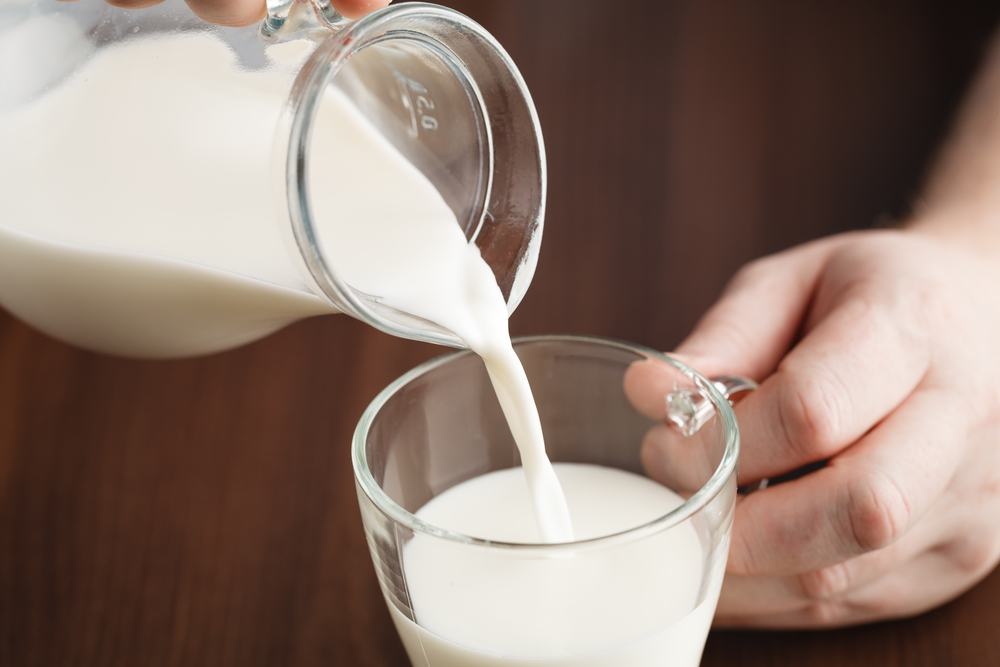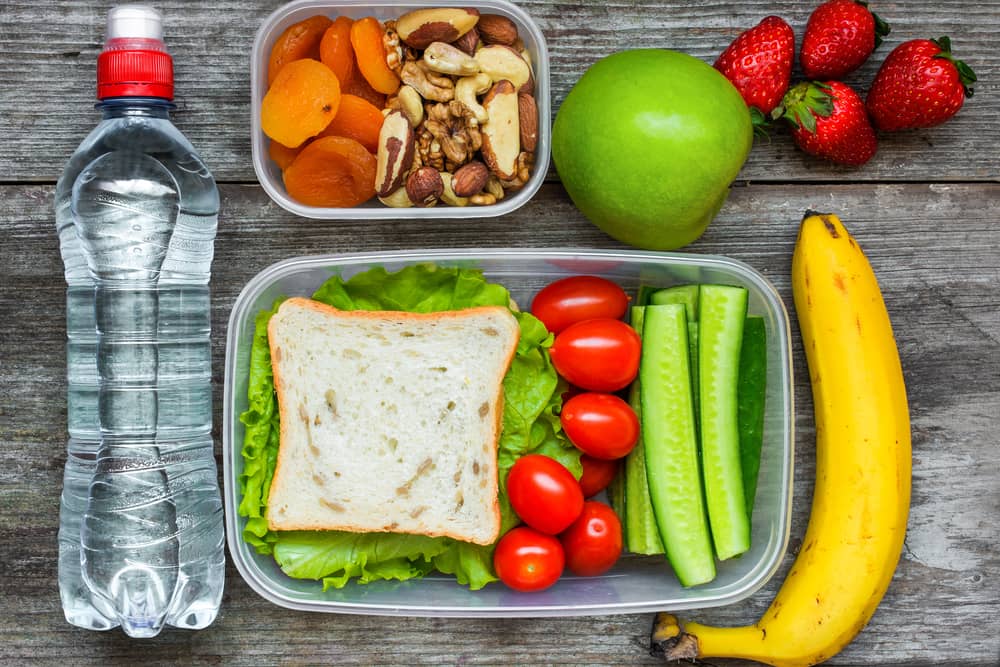Contents:
- Medical Video: Brain and Mental Health | Nucleus Health
- Regular breakfast
- Drink water rather than sweet drinks
- Provide folate (folic acid, vitamin B9)
- Don't forget about vitamin D
Medical Video: Brain and Mental Health | Nucleus Health
Reports show that almost two-thirds of people who eat high-quality diets every day don't have mental health problems. While the number of those who eat low quality diets facing mental health problems is twice that. This indicates that what you eat can affect your mental health. You have to know what a healthy diet is.
Research on the relationship between diet and mental health has developed. The latest evidence shows that good nutrition is very important for your mental health. Apart from having an impact on short and long term mental health, the evidence also shows that food contributes to the development, regulation and prevention of certain mental health problems such as depression, schizophrenia, attention deficit, hyperactive disorders, and Alzheimer's disease. This shows the possible influence of food factors on mental health conditions.
Regular breakfast
Skipping breakfast has a negative effect on your mental health. Regular breakfast will help energize your body and brain. After a long sleep, food can be a metabolism for your day. Skipping breakfast causes fatigue and feelings "Environment."
Therefore, you need to consider breakfast as an important food in your routine. If you don't have much time in the morning, you can consider wheat granola bar, yogurt and a piece of fruit as a good start.
Drink water rather than sweet drinks
Sweet drinks and excessive amounts of caffeine are things you should avoid. Sweet drinks have lots of calories and damage tooth enamel, while consuming too much caffeine can trigger panic attacks in people who have anxiety disorders.
Instead, you must prevent dehydration by drinking at least 8 glasses of water a day (about 2 liters). Even mild dehydration can cause effects such as fatigue, difficulty concentrating, and mood swings, along with physical effects such as thirst, decrease or dark urine, dry skin, headaches, dizziness and / or constipation. If you need caffeine, tea is a good alternative. Tea has a lower amount of caffeine than coffee. In addition, tea contains many antioxidants to help protect body tissues and prevent cell damage.
Provide folate (folic acid, vitamin B9)
Did you know that vitamins can reduce the risk of depression? Folate, also known as folic acid or vitamin B9, is an essential nutrient for the body! Folic acid is usually recommended for pregnant women but in fact, everyone needs folic acid for cell production. Apart from treating anemia and several other conditions, folate can help in treating depression. Folate deficiency can cause the development of depression. You can find folate in green leafy vegetables such as spinach and kale, fruits, nuts, seeds and whole grains.
Don't forget about vitamin D
People who are deficient in vitamin D are reported to have a higher level of depression than those who have enough vitamin D. The role of vitamin D is to help the body absorb calcium for strong teeth and bones, and support muscle health and the immune system. If you lack vitamin D, you are at risk for heart disease such as a heart attack.
One way for our body to get vitamin D is from food and from the sun. Being exposed to sun exposure for five to thirty minutes twice a week generally produces enough vitamin D. People with darker skin may need more time in the sun than whiter skinned people. A safe consideration for getting enough vitamin D is to add foods high in vitamin D to your diet such as milk, orange juice, cereals, fatty fish such as salmon and tuna. If you are afraid of vitamin D deficiency, you can use vitamin D supplements after consulting your doctor.
"You are what you eat." What you eat will fuel your body to function and have an impact on how well your mind and body work. So if you want to prevent mental problems, you can change your diet.












